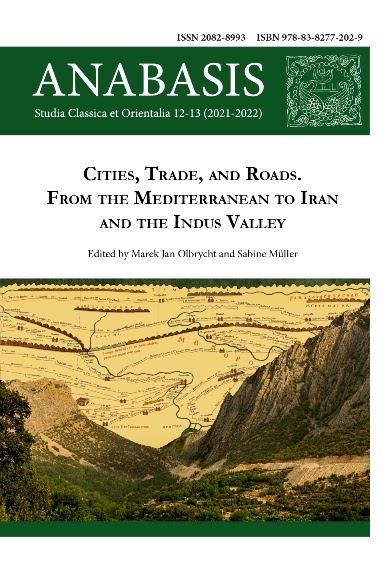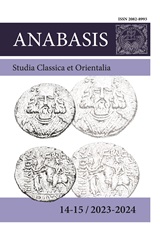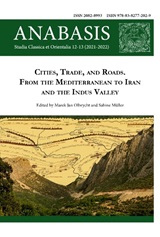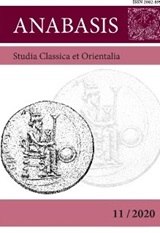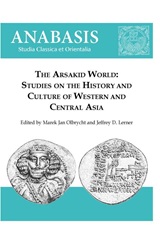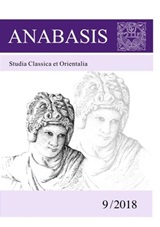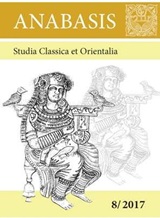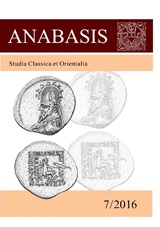Adulis und Aksum: Global Players im Fernhandel der Antike?
Keywords:
Adulis, Aksum, Zoskales, Periplus Maris Erythraei, Red SeaAbstract
The present article deals with Adulis, 50 km south of the port city of Massawa, as the port of Aksum and its gateway to the maritime circuits of exchange in antiquity in which the kingdom participated. In the mid-first century AD the anonymous Periplus Maris Erythraei refers to the port town of Adulis on the southern coast of the Red Sea being part of the trans-Mediterranean-Indian Ocean trade network. I will initially look on political constellations and economic relations between the southern Red Sea coastal region and the Ethiopian highlands and how this economic ties cause changes in economic processes and political systems, which I will then examine alongside literary texts, epigraphic evidence and archaeological record from the coastal region of Adulis and the hinterland of the present-day Eritrea and Ethiopia. My paper evaluates the most important factors affecting economic development and growth, the cultural and linguistic and linguistic competence of Zoskales („cultural capital“), the export of luxury goods and the attractiveness of the port of Adulis from the users’ perspective. From this point of view, the Red Sea was a key region for mobility and exchange between the ancient Mediterranean world and India and the port city of Adulis functioned as a crossroads between the Kingdom of Aksum, the Roman Empire, the Middle East and the Western Indian Ocean from the early first century to the seventh century AD. The results indicate that geopolitical transformations and trade networks in the Horn of Africa were encouraged by intensification in the volume and frequency of trade in the first three centuries in the Mediterranean world and after the expansion of the Sasanian trade into the Red Sea by late antiquity, and likewise political changes (and possibly also natural disasters) in the Red Sea area bring about economic decline for the port city of Adulis.
Published
How to Cite
Issue
Section
License
Copyright (c) 2022 Anabasis. Studia Classica et Orientalia

This work is licensed under a Creative Commons Attribution-NonCommercial-NoDerivatives 4.0 International License.

